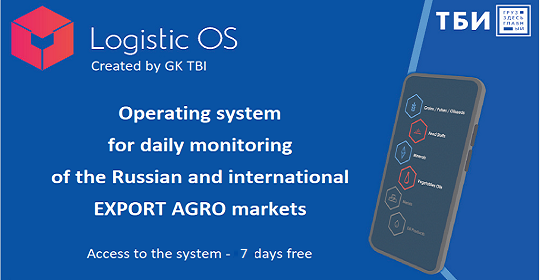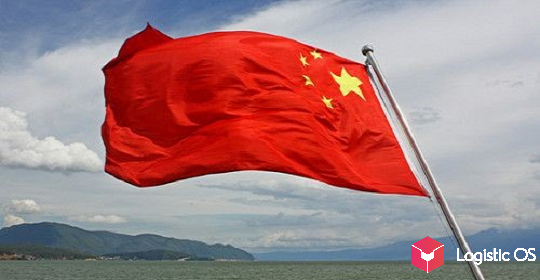In just a week, rapeseed prices on the Paris Stock Exchange increased by 2%, and by 3.2% in total over the month. The reason is the delayed harvest in Australia.
Currently, a ton of rapeseed in Europe costs about 691 euros per ton.
The main reason for the rise in prices is the shortage of rapeseed on the European market.
In the period from July 1 to November 21 of this year, imports of rapeseed to the EU countries decreased by as much as 38% compared to the same period last year: from 2.74 million tons to 1.7 million.
The EU is now waiting for the end of the harvest in Australia to buy Australian rapeseed as soon as possible. In addition, it is expected to bring prices down.
“Almost 71% of the rapeseed purchased by the European Union or 1.2 million tons was supplied from Ukraine, while Australia supplied 287 thousand tons, Canada — 92 thousand tons, Moldova — 51 thousand tons.
The EU plans to compensate for the decrease in canola supplies from Canada by increasing imports from Australia, which expects to harvest 5 million tons of rapeseed this year, which will exceed the record level of last year, ”the European Commission said.
The EU is currently trying to overcome the rapeseed deficit by increasing imports of rapeseed oil. It grew by 80% at once and amounted to 234 thousand tons.
Will rapeseed prices crash the Australian crop?
Some problems have arisen with this crop: it has been raining for a couple of weeks in Australia, and producers cannot start harvesting oilseeds.
However, it is planned that it will begin in the coming days.
As for the prices, there is also a big question here.
Australia has set a record this season: acreage for rapeseed has been increased by 30% from the previous maximum, to 2.93 million hectares, and the harvest is planned to be up to 5 million tons: 18% more than last year — also a record …
However, all this was done by the producers for a reason, but solely because of the high prices for rapeseed on world markets.
Australia plans to receive at least A $ 4 billion from the sale of its rapeseed this season, a 43% increase over the previous season. Such data is provided in its November report by the Australian Oilseed Federation (AOF).
In other words, it is not at all a fact that Australian rapeseed will turn out to be cheap.
Drought in Canada, lack of rapeseed in Europe, increased demand from the United States, where rapeseed is used for biofuel, have created a significant deficit in the market. And Australia, which can fill this deficit, is unlikely to want to do it at a loss.

